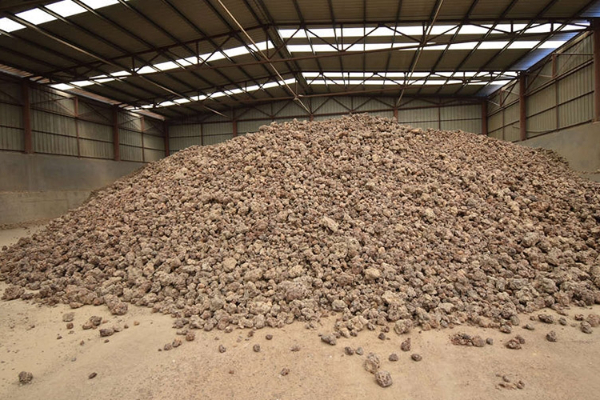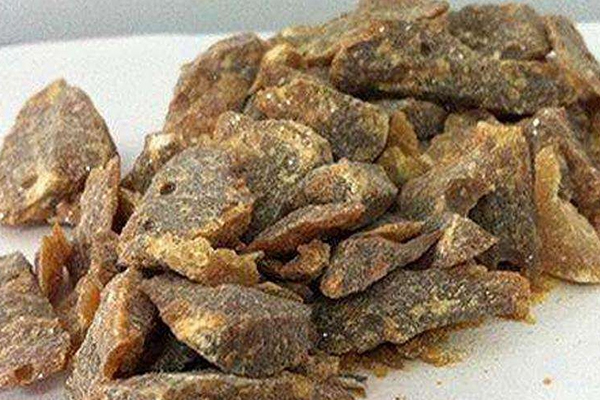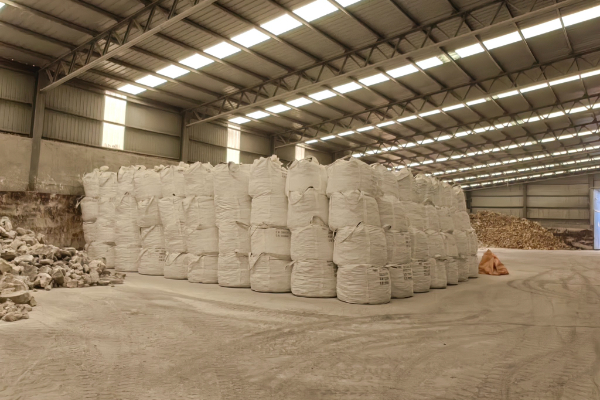Fused magnesia is formed by melting magnesite ore at high temperatures in an electric arc furnace. The main features of fused magnesite are high melting point (up to 2800°C), stable chemical properties, υψηλή αντοχή σε θλίψη, αντοχή στη διάβρωση, and corrosion resistance. , Magnesia is an important raw material for metallurgy, building materials, light industry, furnace lining, and bulk materials. It is also an indispensable and important refractory material in steel, τσιμέντο, ποτήρι, non-ferrous metal smelting, and other industries.

Main uses of fused magnesia
Fused magnesite is used in the metallurgical refractory industry to produce auxiliary refractory materials such as high-purity fused magnesia, gunning materials, και ramming materials, as well as special refractory bricks such as flowing steel bricks, magnesia bricks, και magnesia chrome bricks. It can also be used in vacuum It is used as refractory lining on non-vacuum induction furnaces and electric arc furnaces. It is an ideal raw material for making magnesium oxide crucibles, furnace bladders, and various high-temperature casings.

Important indicators of fused magnesite
Fused magnesite is mainly made from magnesite ore with a content of more than 47%, which is melted in an electric arc furnace. The chemical indicators of fused magnesia can be divided into 6 major items: magnesium oxide content; silica content; ferric oxide content; aluminum oxide content; caustic soda; and bulk density; fused magnesia products have high purity and crystalline grains Large, dense structure, strong slag resistance, good thermal shock stability, it is an excellent high-temperature electrical insulation material and an important raw material for making high-grade magnesia bricks, magnesia carbon bricks and amorphous refractory materials.

 Όμιλος Rongsheng
Όμιλος Rongsheng

WeChat
Σαρώστε τον κωδικό QR με το wechat